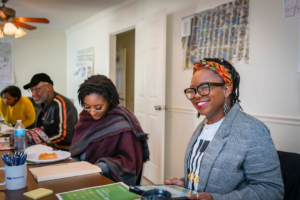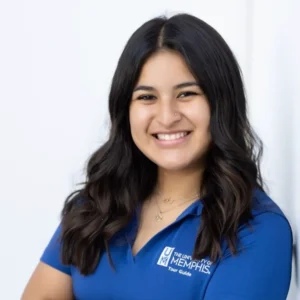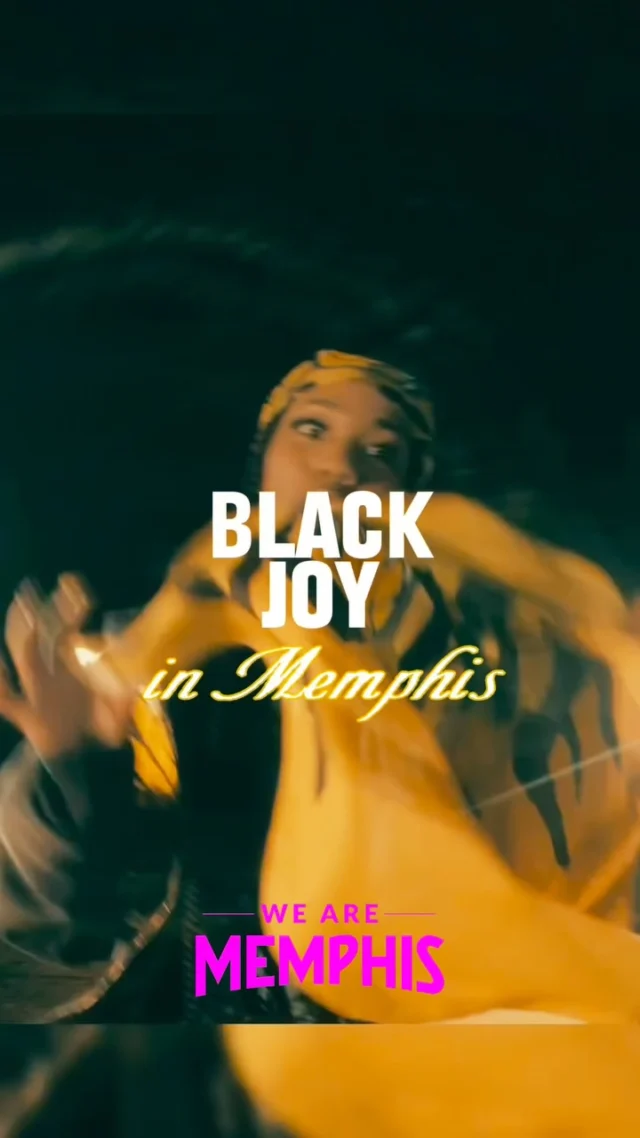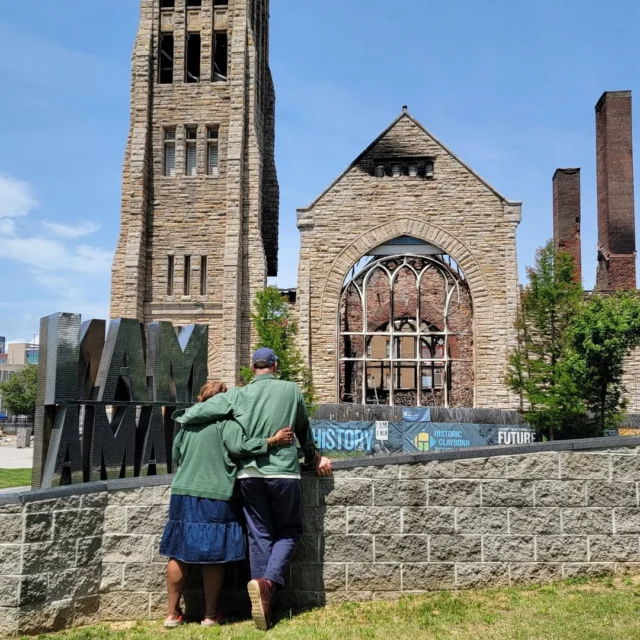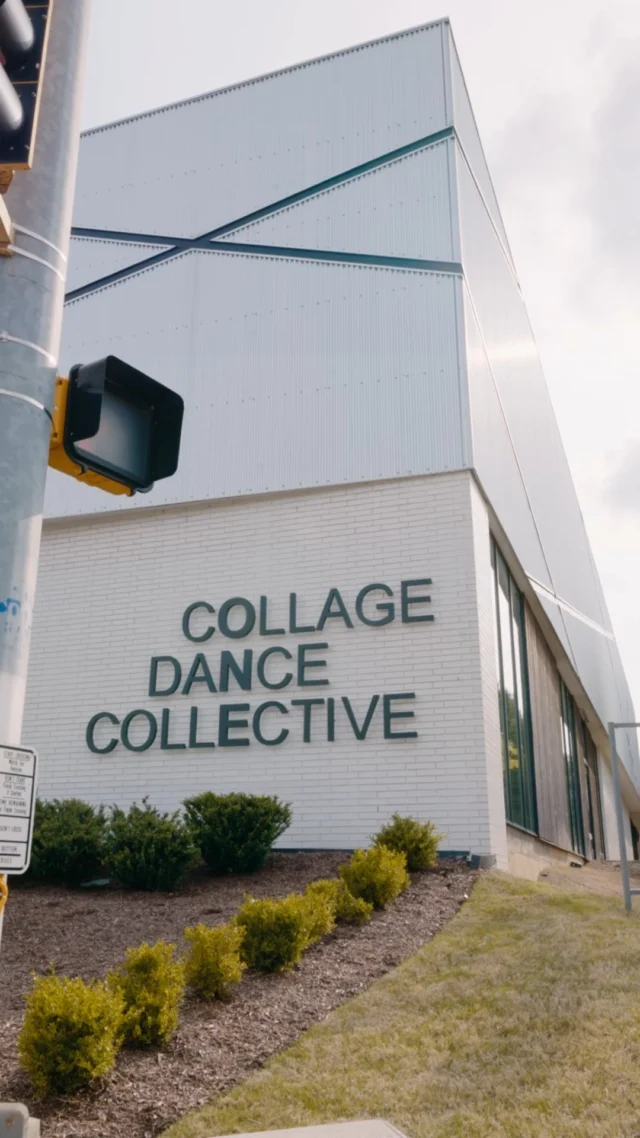Principal Margaret Bland McKissick, Shelby County Schools’ longest-serving employee, began her career as an educator with the district in 1960 at the segregated Georgia Avenue Elementary School on Mississippi Boulevard in South Memphis.
McKissick, now age 79, is a Memphian through and through. A native of North Memphis, she graduated from Douglass High School and received her teacher training through her years studying at historically black LeMoyne-Owen College and the University of Memphis, then known as Memphis State.
Like McKissick’s teaching career, Georgia Avenue, which closed several years ago, was brand new in 1960. McKissick, who comes from a family of teachers, entered the classroom with tremendous enthusiasm and passion for education.
But she also felt a strong sense of duty to nurture and provide a safe space for the children entrusted to her care each day, particularly during a time of tremendous upheaval in Memphis.
In 1968, when Dr. Martin Luther King, Jr. traveled to Memphis to support the sanitation workers’ struggle for equal pay and safer working conditions, McKissick was teaching at Lincoln Junior High, located in an impoverished African American community. All 800 students at the school were black, as were all faculty members, except for four white teachers.
“The kids did know, in a sense, what was happening, but they weren’t as aware because they didn’t have television — we didn’t have that much news,” said McKissick, who taught at Lincoln for 14 years. “There was not a lot of discussion around it, but we knew something was going to happen for the sanitation workers.”
McKissick had first-hand insight into developments in the community because of her father’s involvement in the civil rights movement.
“He wanted us to be part of the movement, as he was when he was a Firestone worker,” she said. “We watched him create changes there at Firestone. He’s the one who integrated the cafeteria there.” There were eight kids in my family, and we were aware of the struggles – the segregation and everything that was going on, maybe more so than other young people because of our dad.”
McKissick said civil unrest spread throughout the community, and the NAACP began organizing Black Monday boycotts against Memphis City Schools. Students and teachers throughout the city protested inequality in the classroom by boycotting schools on Mondays, and black workers from various sectors across the city joined them in a show of solidarity.
“We started to have turmoil throughout the communities,” she said. “On Black Mondays, teachers and staff members were encouraged to stay away from school to honor what was going on at that time.”
McKissick, however, remained at Lincoln on Mondays for children who needed a safe space.
“I did not stay away,” she said. “I would go to school but still honor what was going on…I felt I needed to be at school with my kids because I knew they were fearful, and they felt safe at school. Our school didn’t have many kids who were absent during those turbulent times because a lot of our teachers were at school. It was scary, but we assured them we were there to keep them safe.”
On April 4, 1968, McKissick learned through a radio broadcast that Dr. King had been assassinated at the Lorraine Motel.
“We were stunned that it happened,” she said. “The children had questions about why it happened and what was going on, and we tried to get them to understand that things were changing, as Dr. King had talked about in his speeches. Change had to come, but he wanted things to be peaceful. And we told them we wanted everything to be peaceful at school.”
During her 58 years in Memphis’ public schools, McKissick has witnessed more change than any other educator in the city – from segregation to integration to re-segregation.
“Things have changed quite a bit — from bussing kids from their communities to other places in an attempt to bring about some equality in education so they can all be prepared for the future. For some it worked well, while others found themselves back in their previous situation, in the re-segregation of schools, because many white kids did not attend those schools.”
Today, McKissick is principal of Avon Lenox High School, where she works with young adults with special needs.
“I love what I do and believe I made a difference in the lives of a lot of kids. I would say to young educators that there is hope. We have a lot of work to do. It’s our responsibility to prepare our children.”
You may also be interested in: 3 Young Civic Leaders Cultivating an Ecosystem of Impact in Memphis


















